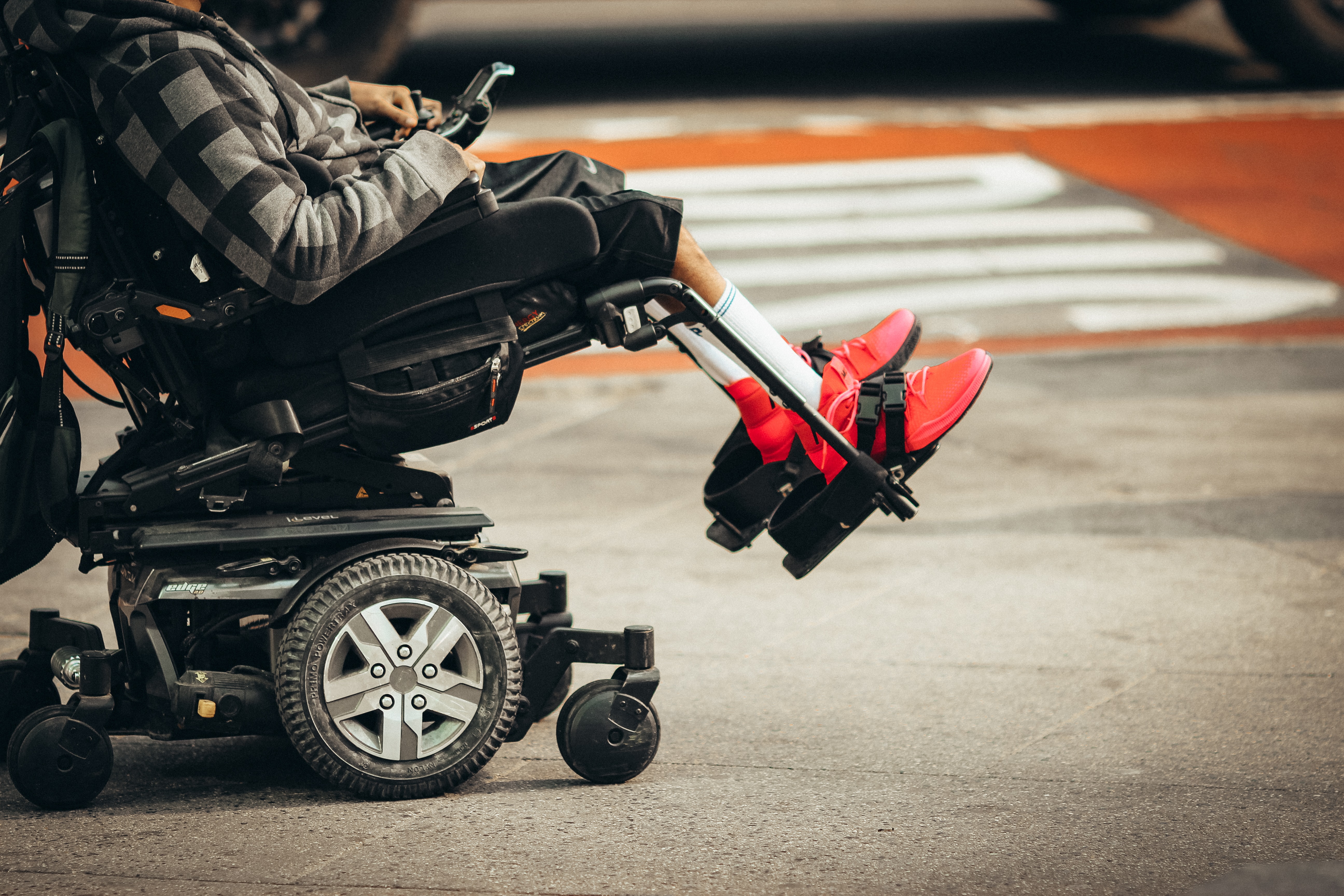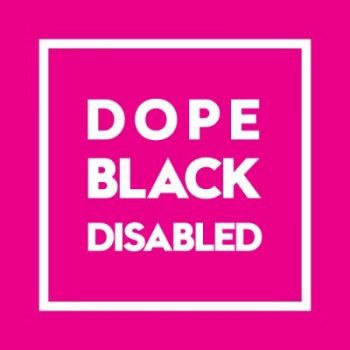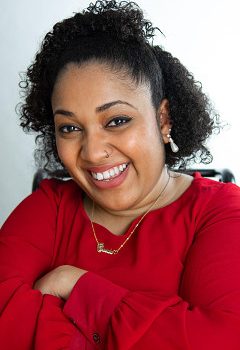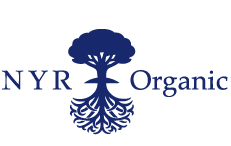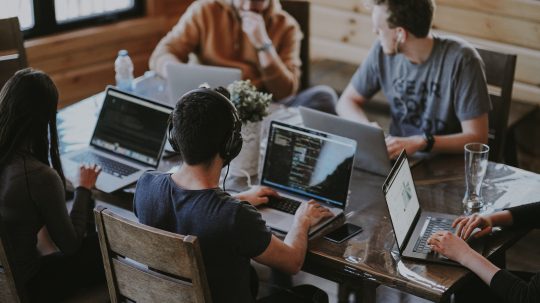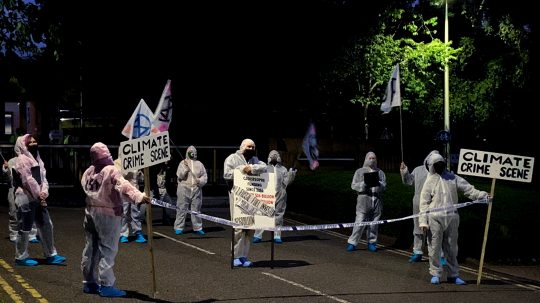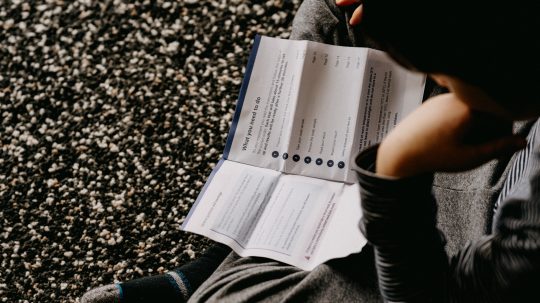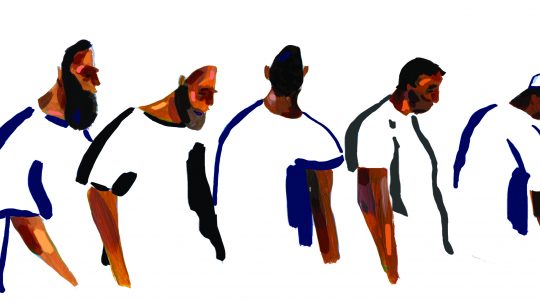When disabled people faced unprecedented challenges throughout the Covid-19 pandemic, they forged tight-knit online communities to help one another thrive.
Being a part of a community is important for every individual’s sense of belonging but for the 14.1 million people in the UK with a disability, it’s been a lifeline for survival in lockdown.
In the face of six in 10 Covid-19-related deaths being disabled, the enforcement of ‘do not resuscitate’ orders on unwilling disabled people and claims that disabled deaths are ‘acceptable losses’, accessing community has never been more important for disabled folks.
“I strongly believe that as a society we talk a lot about wanting to be inclusive, but we don’t want to take active steps towards inclusivity,” explains actress, poet and writer Saida Ahmed. “I’d say that lockdown had a positive impact on me because before lockdown occurred I communicated with a lot more non-disabled people than disabled people, and this only occurred to me when lockdown was in full swing.”
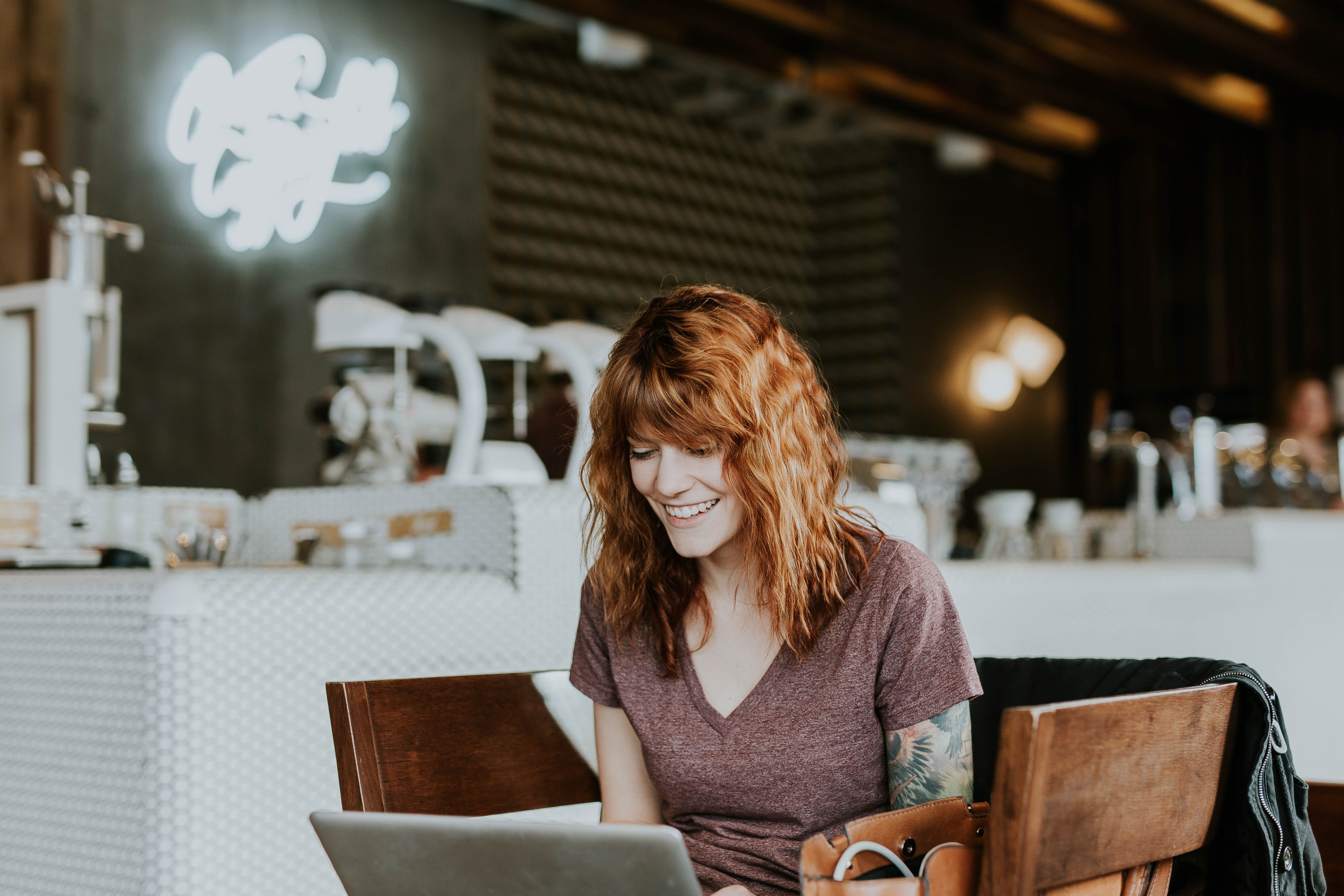
Credit: Brooke Cagle / Unsplash
Even pre-pandemic disabled people faced inequalities that prevented them from accessing the benefits of community, including inaccessible transportation in major cities like London, a disability employment gap that has sat at around 30% for over a decade and disproportionate levels of poverty.
Prevention of discrimination against marginalised identities, including disabled people, is enshrined in the Human Rights Act 1998 under Article 14. Additionally, the Equality Act 2010 provides further protection against discrimination – however, there are limits to these protections and accessibility is one. For example -public buildings are required by law to provide wheelchair access but private businesses are not.
We’re growing and I hope with time we’re able to form an even stronger bond and community.
Consequently, as the infrastructure is simply not built with their needs in mind, disabled people are regularly locked out of accessing community in public places. Despite shielding against the virus for longer than non-disabled people, some disabled people have thrived in lockdown thanks to the increase of online communities, because they have had more time to find disabled connections remotely than they did prior to the pandemic.
“We have a WhatsApp group where we support each other through tough days, celebrate birthdays and show up for one another,” explains Kimmy Soko, corporate disability DEI trainer and community leader of Dope Black Disabled, a digital safe space created to amplify the voices of Black disabled people globally. “We’re growing and I hope with time we’re able to form an even stronger bond and community.”
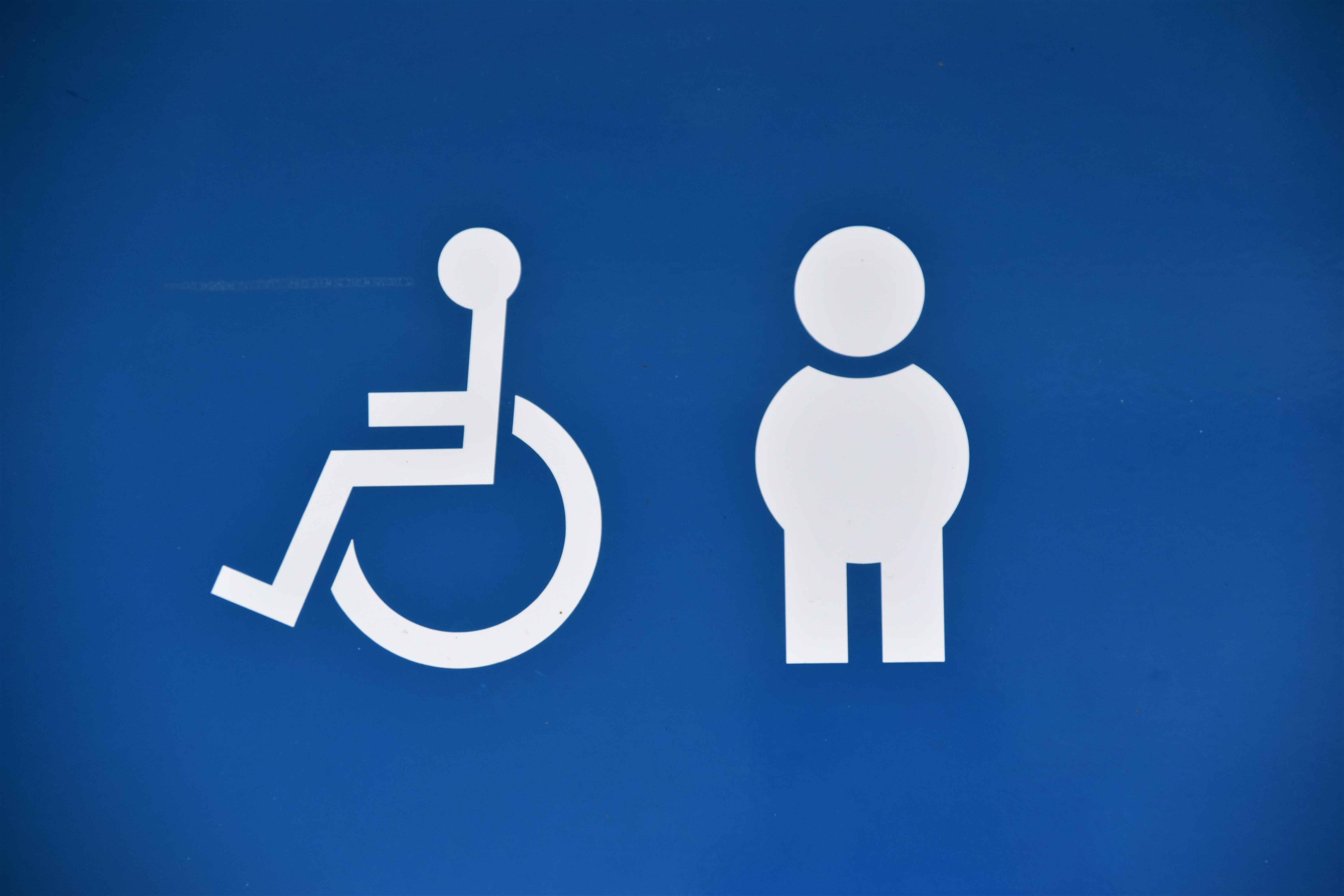
Credit: Waldemar Brandt / Unsplash
For Soko, who shielded throughout 2020, this time was invaluable because it offered the chance to connect with other disabled people for the first time and to learn more about disability advocacy. “I never had the chance to connect with the disabled community. I now not only had a forum to grow and put into practise all I had been learning, but I was also exposed to a whole network of disabled people.”
Initially, 1.5 million people were expected to shield but this figure has risen to 2.2 million. In addition, some disabled people who were not ordered to shield by doctors elected to do so as an extra precaution against the coronavirus. Even in the brief moments of lockdown reprieve, many in the disabled community have remained isolated for their own safety, making the connections forged online even more precious.
To have people that get it and don’t in any way make me feel like a burden or feel guilty around cancelling has made me feel seen
With approximately one billion disabled people worldwide, building remote communities also helped connect people across oceans through the common experience of shielding.
“We’d all faced lockdowns before so there was some comfort in that and realising how much we have in common and how some disabilities can feel almost removed in online spaces was really powerful,” explains Victoria Jenkins, a designer and garment technologist who designs for disabled consumers. “Sleepless nights felt a little less lonely because then I could chat to Americans and Australians – it really opened up the world for me.”
Connecting to other people going through similar experiences has helped disabled people find others who they can truly relate to.
“There’s obviously bittersweet feelings because it’s no picnic being in this community during a pandemic,” explains Jenkins. “But the feeling of support and people understanding and making life feel easier [has] blown me away. I don’t think I’d realised how lonely it can be being ’the sick one’ in most social groups. To have people that get it and don’t in any way make me feel like a burden or feel guilty around cancelling has made me feel seen.”
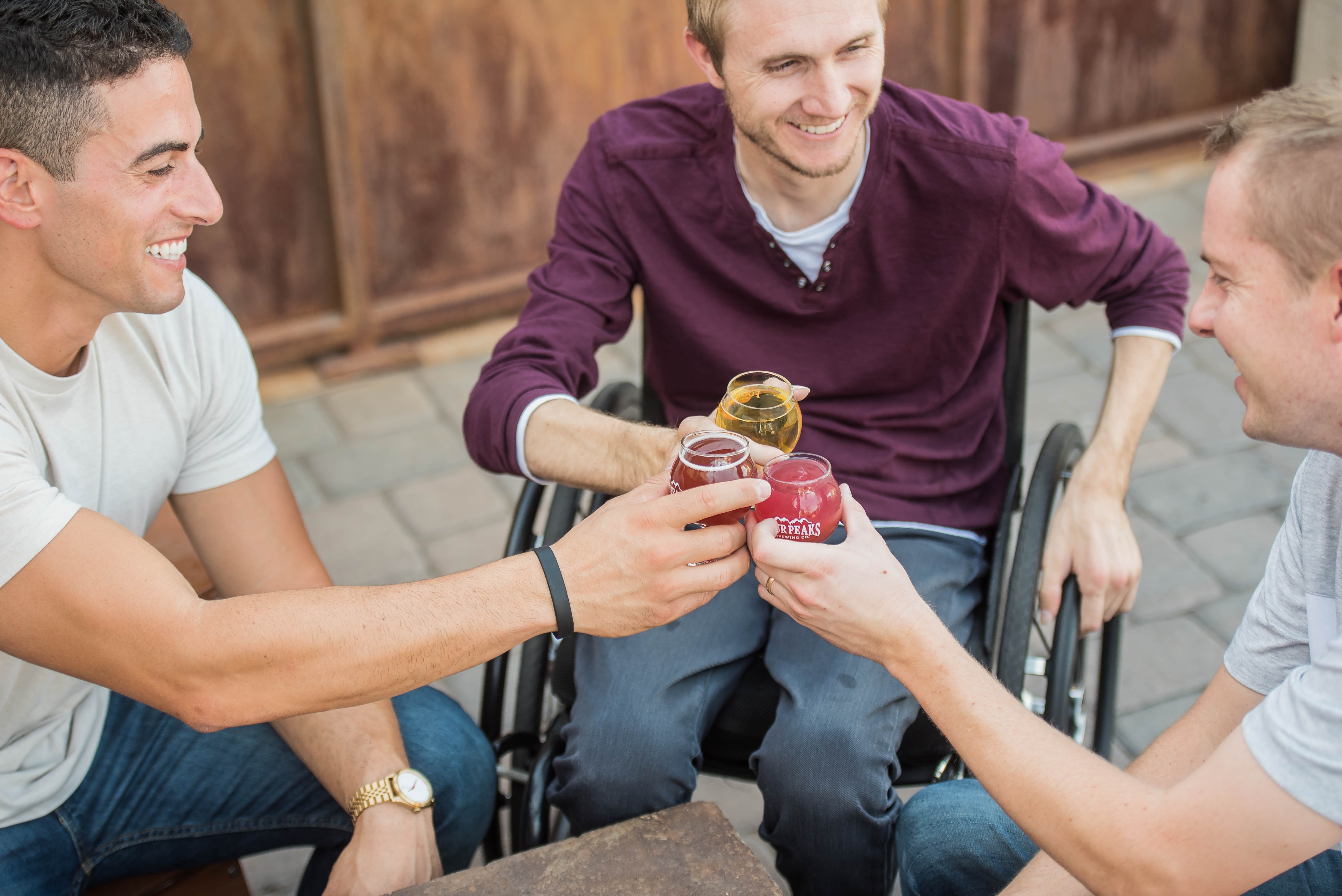
Credit: Elevate / Unsplash
Soko echoed her, stating: “I’ve found people who get it. It’s hard for my non-disabled friends to grasp what I go through. They love me and sympathise but they can’t relate. I feel like I’ve found my tribe.”
The lessons learned in building community during the pandemic will hopefully be reflected in a post-pandemic societal shift that prioritises the inclusion of disabled people, including the maintenance of independent, remote roles that help shielders minimise risks to their health. “It was only during lockdown when the consultant community became active daily online that I started joining in and enjoying the supportive community and me time. It’s really opened a whole new way of working and living and I hope it continues, even with a hybrid model,” says independent consultant for NYR Organic Shakti Maragh, who first joined the organisation in February 2019.
As the lockdown restrictions have been extended by another four weeks, disabled folks are still accessing community support remotely to thrive. The pandemic has laid the foundation for disabled people to maintain digital communities long after Covid-19 finally drops out of the news cycle.
Jenkins adds: “I feel like I’m just getting started! I have made some friends for life and I am so happy that we have had this period to connect. Now we can build on it and in some cases even meet in real life which is going to feel so incredibly special.”

